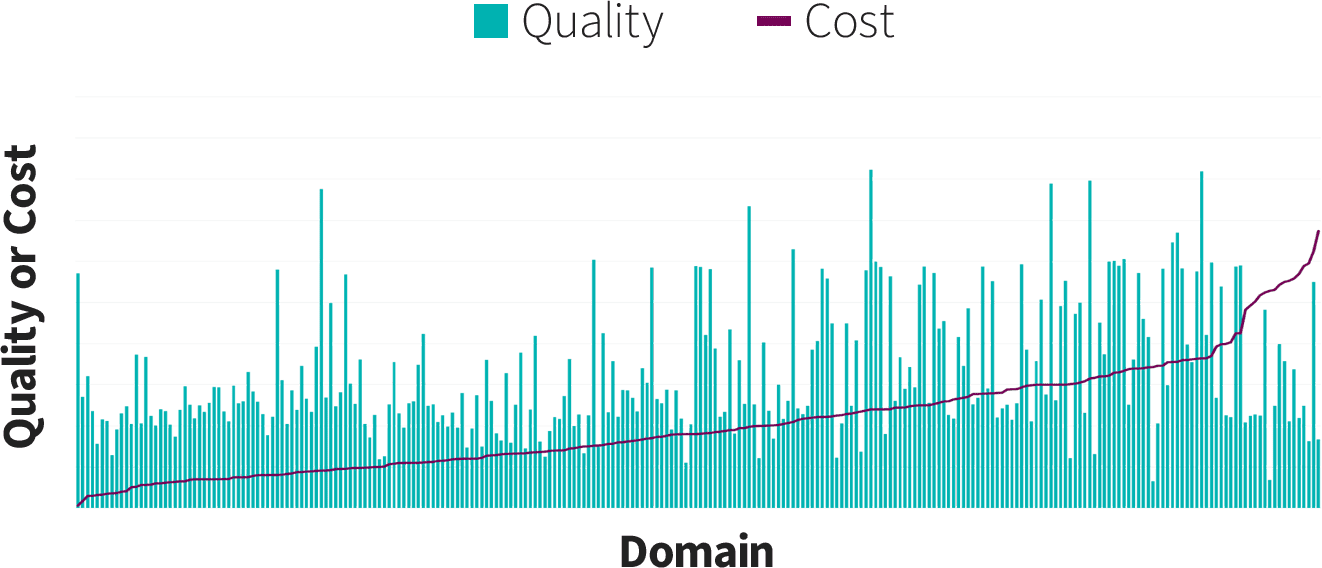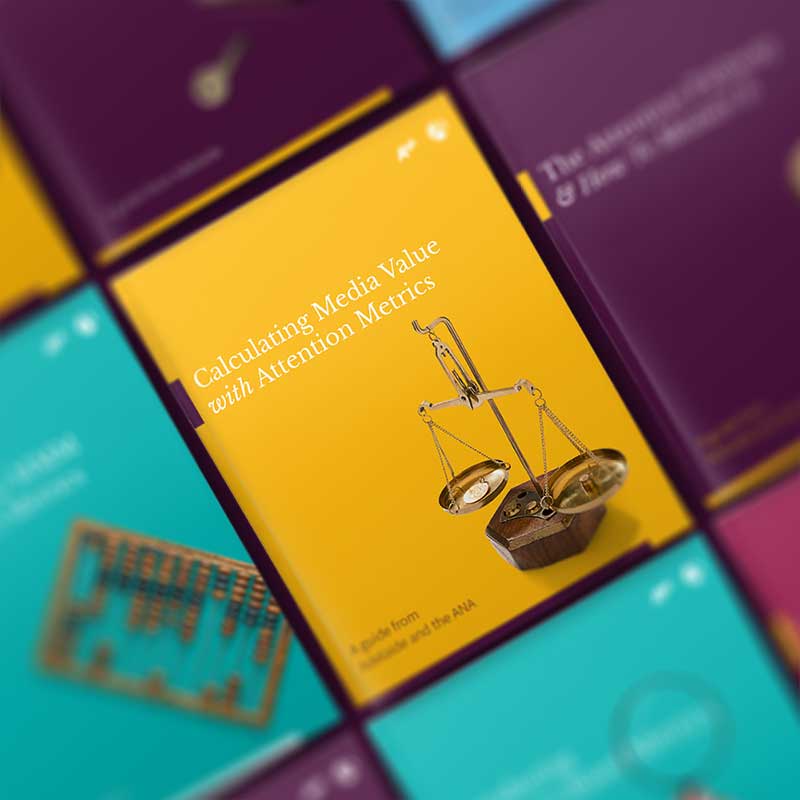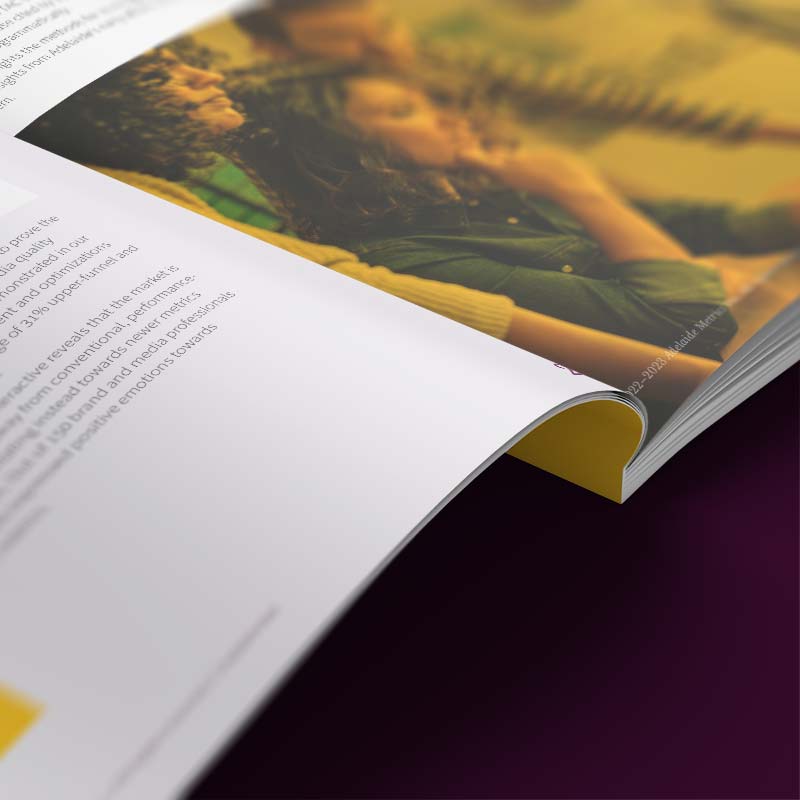Bolstering the Digital Media Market: The Power of Attention Metrics
Today’s digital ad market is hamstrung by imprecise media quality measurement. Metrics like viewability and video completion rate (VCR) fall short, incentivizing advertisers to focus on cost over quality. Without meaningful metrics, advertisers are reluctant to pay more for higher-quality media, and premium publishers struggle to convey the value of their inventory and command fair prices.
These challenges are further magnified by the fragmentation of digital media, which allows sellers to deliver increasingly lower-quality placements as long as they meet viewability standards. It’s a race to the bottom.
Academics have drawn comparisons between digital advertising and historical lemon markets, highlighting the disconnect between price and quality, a prevalent issue in our industry.

Resolving Advertising’s Lemon Market with Attention Metrics
Other industries have augmented their currencies with more precise quality data to solve this problem. With an accurate proxy for media quality, buyers can discern and appropriately value high vs. low-quality offerings. An Adelaide study in September 2023 showed that 88% of senior US marketers trust the correlation between attention and advertising outcomes.
This shift towards attention metrics fuels demand for high-quality media, leveling the playing field for smaller publishers and incentivizing sellers to improve their offerings and experiences.
Initial data from Adelaide’s high-attention marketplaces demonstrates buyers’ willingness to pay more for high-quality media. Major platforms like Adlook, Adobe, Google DV360, Kargo, Microsoft Advertising, Outbrain, Teads, Xaxis, and Yahoo are rolling out attention-centered media products in response to this rising demand.
And since our start in 2019, Adelaide has consistently shown that our Attention Metric, AU, consistently beats viewability — or "business as usual" (BAU).
Attention Metrics: The New Standard for Media Quality
Escaping the lemon market conditions requires a more accurate media quality standard. Attention metrics, known for their precision and granularity, have the potential to replace viewability as the dominant media quality currency. IDC research reveals that 57% of brands and agencies see attention metrics as a more holistic measure of engagement than viewability, and 61% express concerns over current viewability standards.
As adoption grows, using attention metrics as a unit of currency for media contracts is a natural progression. Confident in the connection between attention and their KPIs, several advertisers are already asking media sellers how they can transact based on attention metrics.
Adelaide’s collaboration with EssenceMediacom, Google DV360, and Kargo marked the debut of attention guarantees, offering advertisers greater control and quality assurance over their media investments.
The digital campaign outperformed the guarantee by +17% and Kargo benchmarks by +26%— this case study outlines the methodology.
SSPs are leaning into attention guarantees as well, with TripleLift the first SSP to offer high-AU CTV deals underpinned by AU guarantees.
As media sellers increasingly monetize quality media with confidence, they’re incentivized to produce more of the same, reaping benefits akin to forward sellers in a commodities market. Ultimately, this cultivates a more dynamic and transparent market, advantageous to all stakeholders.


